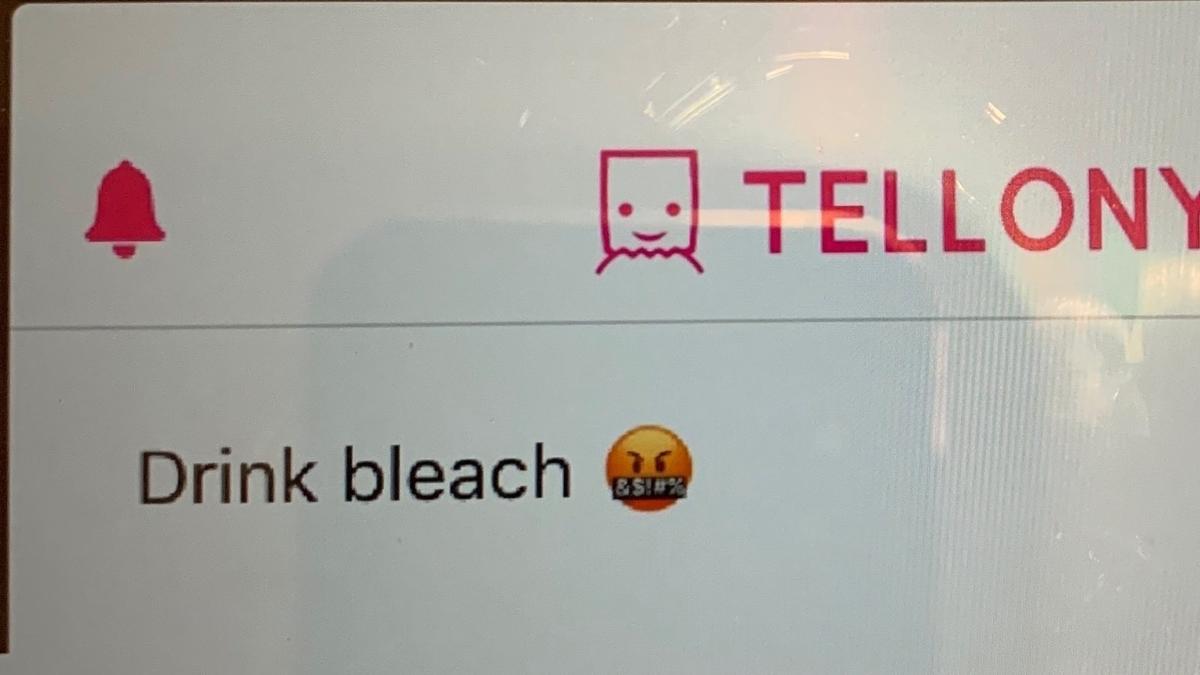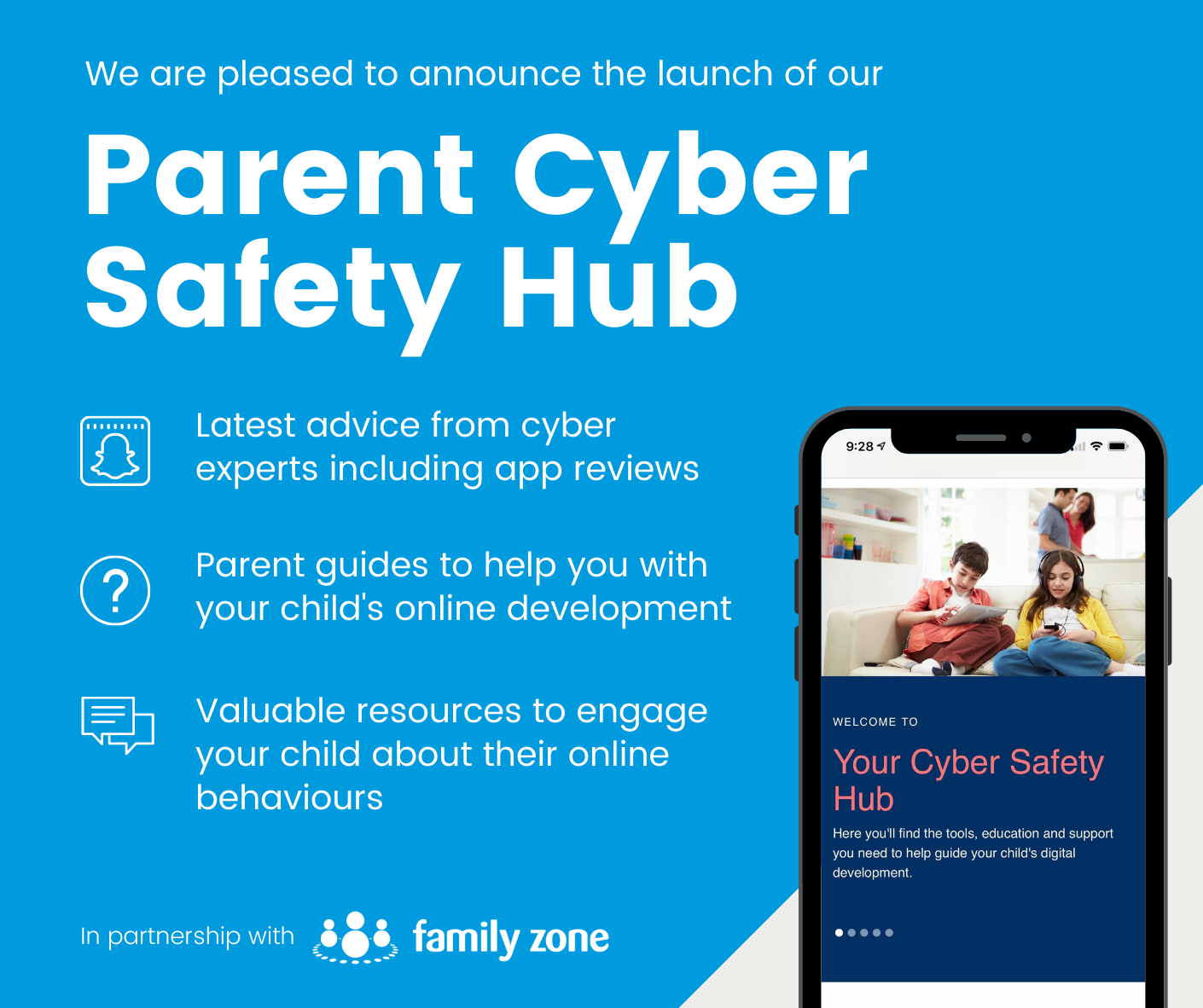Cyber Safety

Anonymous Q&A Apps
Anonymous Q&A apps are just another one of those frustrating trends that teens are participating in that parents don’t know about. Here, we explain how anonymous Q&A apps work, and what parents can do about them.
Anonymous Q&A apps have risen in popularity over the past year, however they seem to be a very foreign concept to many parents. One of the more popular versions of this app, YOLO, was released in May of 2019, and in a single month had over 5 million downloads, rocketing to the #1 trending app in the US a week after its launch. In July this year, YOLO saw one million new users sign up to the platform.
Looking at their app description, Anonymous Q&A apps like to position themselves as a ‘fun and spontaneous way to get honest and genuine messages’. Though it doesn’t take a rocket scientist to work out that teens don’t often stick to their manners when it comes to anonymous communication online.
How do they work?
The purpose of anonymous Q&A apps is to either send a question or statement anonymously, or ask a question to others without showing your identity. So young people might want to pose a question to a random audience such as ‘How do you know if you are gay?’, and people can answer either showing their identity or answer anonymously.
In other instances, a person might post a question on their Snapchat, and their contacts can answer anonymously. For example, I might post a question on my account for my friends to see, such as ‘Does anyone have a crush on me?’, and people might respond with ‘Yes, I do!’. Two things to note about this though. One is that I wouldn’t know the identity of the person who responded. Secondly, it's unlikely that the response will be as coy as I have written. It’s commonplace for responses to be much raunchier, or on the other hand completely nasty.
Sometimes these apps are standalone apps, such as Whisper or AskFM, whereas other times they are exclusively used in conjunction with another social media app, such as YOLO being used as a Q&A function within Snapchat.
So, what’s the problem with them?
Well, the truth is that anonymity online usually lends itself to cyberbullying, harassment, or unsolicited inappropriate content. For teens in particular, anonymous Q&A is synonymous with crude comments or blatant trolling, so it’s rare that a teen will engage in an anonymous Q&A interaction and come out better on the other side of it. For example, in 2020, YOLO has become an infamous vehicle for cyberbullying, with many schools facing the issue of not being able to identify the perpetrator. The lack of accountability for negative online behaviour does nothing to quell it then.
For teens who are using the app for less sinister purposes, such as seeking support for difficult questions, the app still opens them up to people who give unhelpful or extreme advice.For example, there had been an incident of a young person who was questioning his sexuality and posted in an anonymous Q&A forum. He was then approached by a stranger who initially provided support and empowerment for his journey, but then soon turned to grooming the boy by using his prior support to exploit the boy’s trust.
How do I fix it?
Now, it’s not all doom and gloom. If a young person is vigilant with their personal safety and is emotionally resilient, anonymous Q&A platforms can be navigated safely. Prior to jumping on platforms such as this though, I recommend that parents talk to their children about people’s agendas when it comes to cyber bullying or trolling, and get them to think critically about people’s motivations when on anonymous platforms. For an adolescent who is responsible and resilient in the online world, they should be able to navigate these platforms safely.
However, for teens who aren’t quite there yet, we recommend parents block these types of apps or websites. Generally, we suggest that teens 14 and under do not have the essential cognitive & emotional development to navigate these platforms safely.
You can use parental control tools to block these apps and platforms, or restrict downloads from the app store so that young people require a password (set by you) to download these apps.
Popular Anonymous Q&A Platforms
- YOLO
- sendit
- Tellonym
- ASKfm
- Whisper
- Mouslip
- LMK
Reference: https://www.ysafe.com.au/anonymousqa.html
Cyber Safety Hub
We are delighted to introduce you to a new resource made available to you through our partnership with Family Zone - our new school Cyber Safety Hub.
As you may already be aware, our partnership provides your family with access to the Family Zone tools to use at home with your children if you wish. The purpose of the Cyber Safety Hub is to complement those tools with practical guidance and information to further support you in engaging with your children in their digital development. These tools and resources also allow the school and parent body to work together on creating a holistic approach to guiding each student's online journey.
About the Parent Cyber Safety Hub
The Cyber Safety Hub includes resources to help your family better understand the different Family Zone tools available to you and how to use them, plus access to regular cyber safety events to help you stay informed about the latest digital trends.
Also, the Cyber Safety Hub provides expert advice from leading cyber experts, ySafe, on the most pertinent issues and frequently asked questions around platforms like TikTok, Fortnite, Instagram, and more. There are app reviews with age and safety recommendations, along with a range of guides to help ensure healthy boundaries around screen-time & gaming, plus step-by-step instructions for using parental controls and filtering out inappropriate content.
We are very excited to be able to offer you this level of expertise and support. We look forward to working closely with you as we develop the cyber safety conversation within our school community.


